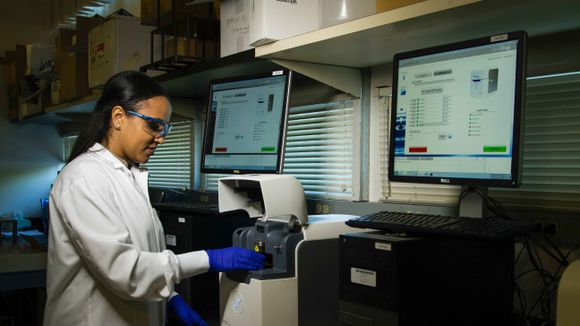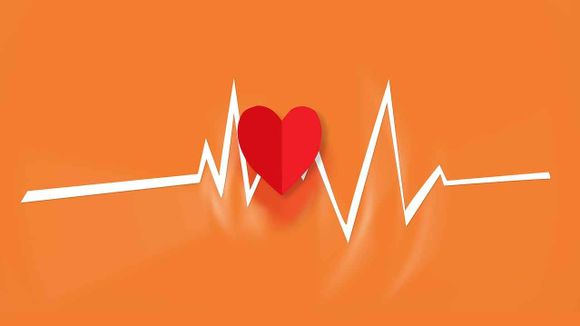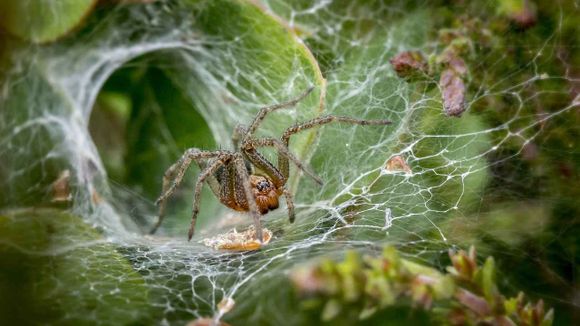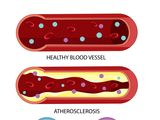What if the poison could be a medicine
Spider venom can be deadly, but it comes with some advantages in certain quantities and under certain conditions. In the past, research has found that poison can relieve pain without causing adverse side effects. One of the studies on the topic is "STRUCTURE AND FUNCTION OF INSECTICIDAL NEUROTOXINS FROM AUSTRALIAN FUNNEL-WEB SPIDERS" [Ref. 1]
Now a new study from university of Queensland - Australia shows that the venom of an Australian funnel-web spider from Fraser Island (K'gari) can help prevent damage caused by a heart attack, and even prolong the lives of donor hearts. [Ref. 2]

In July 2019, researchers at the University of Queensland discovered a molecule in the venom of a deadly spider that can prevent brain damage when someone suffers a stroke.
"What the poison achieves is preventing the death of the cells of the heart muscle," lead researcher Professor Glenn King said at the time.
Researchers have found that the molecule works to protect the heart from strokes, so they decided to experiment to see if it would work for ischemic events in the heart and found it could be beneficial for that too. Since then, the Australian University's researchers have been constantly building on their scientific work to get up-to-date results on heart attacks.
Hi1a - a remedy extracted from spider venom
Dr Nathan Palpant - head of the research team says that after a heart attack, blood flow to the heart decreases, leading to a lack of oxygen in the heart muscle. Lack of oxygen causes the cellular environment to become acidic, which contributes to sending a message to heart cells for destruction.

'Despite decades of research, no one has been able to develop a drug to stop this death signal in heart cells, which is one of the reasons heart disease continues to be the leading cause of death in the world.'
Dr Meredith Redd, also from The University of Queensland's Institute for Molecular Bioscience, led the experimental work at the heart of the study. She tested the candidate for a drug - a protein called Hi1a, using beating human heart cells exposed to heart attack stress to see if the drug improves their survival. The developed experimental drug from the spider venom works by stopping this "death signal" sent from the heart after an attack, and really is a revolutionary step. Scientists note that it was important to test Hi1a on heart cells as, like the brain, the heart is one of the most sensitive organs in the body to blood flow loss and lack of oxygen.
The protein will now also be used to prolong the life of transplanted organs. "Heart cell survival is vital in heart transplants - treating hearts with Hi1a and reducing cell death will increase the range of heart transport and improve the likelihood of a successful transplant," concludes Professor McDonald, senior cardiologist at St Vincent's Hospital in Sydney.









